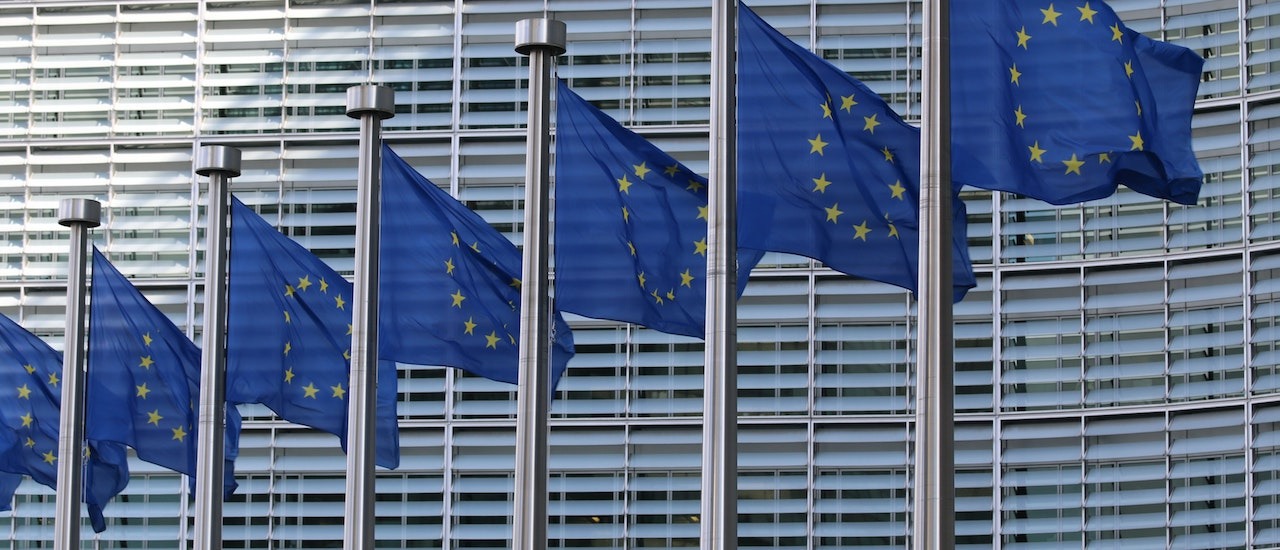The Internet Society welcomes the US, EU, and G7 commitment to exempt telecommunications services that support Internet access and the flow of information from their sanctions against Russia on 6 April.
The ongoing war in Ukraine has led governments, service providers and other organizations to increasingly consider sanctions and other actions that could irreversibly damage the global Internet.
As we wrote in a recent statement, we are concerned any one of these actions could set a dangerous precedent leading to a splinternet. This worse-case scenario would impact everyone everywhere as it undermines the foundation that unites the Internet.
A splinternet would shatter decades of global connectivity efforts into a series of separate networks that no longer work together in the ‘Internet way’. They might use the same names and protocols as the global Internet, but governments and companies would become gatekeepers on what people can do, see, and access on these networks.
Not only would this restrict the flow of information worldwide, it would also have devastating consequences on international trade and commerce. We would lose access to the myriad of opportunities the Internet offers us to collaborate, innovate, and solve challenges in a borderless environment.
The US, EU and G7 commitment to allow companies to continue operating services that support Internet access in Russia is a critical step to protect the open, globally connected, secure and trustworthy Internet. Despite this progress, imminent threats still loom. There are other countries considering sanctions and other politicized actions that could inadvertently impact the Internet’s infrastructure. And despite the recent exemptions, there are businesses in Russia announcing their departure.
We also know there are people worldwide that are worried their country might one day be the target of future efforts to disconnect people from the Internet.
We must protect the Internet from being a pawn of geopolitics in the war on Ukraine and in any other region. Human lives around the world depend on access to the Internet. And as the joint US, EU and G7 commitment correctly notes, it is especially critical to support humanitarian efforts and access to information in times of crisis.
As such, the Internet Society encourages other policy circles such as the G20, the Organisation for Economic Co-operation and Development (OECD), and the International Telecommunication Union (ITU) to support the policy set by the US, EU and G7. Sanctions regimes should exempt services required to ensure the free flow of information and Internet access – both now and in the future.
We also encourage businesses and organizations that support the Internet’s infrastructure to avoid making decisions that hinder Internet service in countries for political reasons. Just as we would not let sanctions deny access to essentials like water, we cannot support people in times of crisis by undermining the secure and trustworthy Internet.
We all have a responsibility to protect the open, globally connected, secure and trustworthy Internet. It needs all of us to stand up and defend it now more than ever.
To learn more, read our Quick Analysis on The Impact of Efforts to Disconnect Russia from the Internet.
For practical tools to help ensure legislative and business decisions support the Internet, please visit the Internet Impact Assessment Toolkit.
